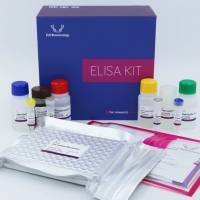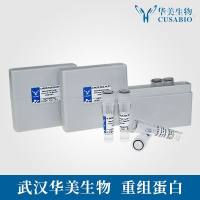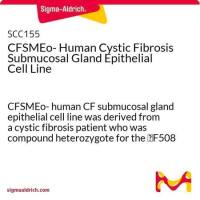We describe our experience with intravenous immunoglobulin (IVIg) treatment in fibrotic conditions and our results and experience with the effect of IVIg therapy to prevent metastases in malignancy. We have delineated the mechanisms by which IVIg can affect atherosclerosis (i.e., effect on MMP-9, antiidiotypes to anti-OxLDL), which led to reduced atherosclerosis in animal models. The effect of IVIg on skin fibrosis was assessed in a murine model of sclero-derma-like disease. Collagen expression was decreased in the skin of mice treated with mouse IVIg, associated with decreased type I collagen gene expression, and accompanied by inhibition of transforming growth factor (TGF)β and interleukin (IL)-4 secretion by splenocytes. We also described a favorable response to IVIg treatment in patients with either systemic sclerosis or myelofibrosis. The administration of IVIg to mice inoculated with melanoma or sarcoma cells induced a statistically significant inhibition of metastatic lung foci and prolongation of survival time. IVIg was found to stimulate the production of IL-12, an anti-tumor and anti-angiogenic cytokine. Positive staining of the cytoplasm, cell membrane, and nuclear membrane of several types of malignant tumors by IVIg was immunohistochemically demonstrated.






